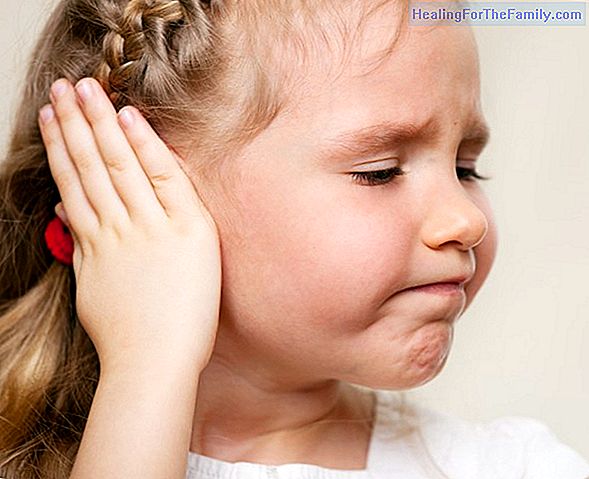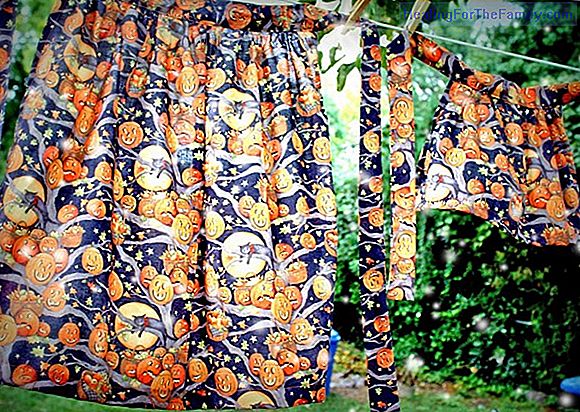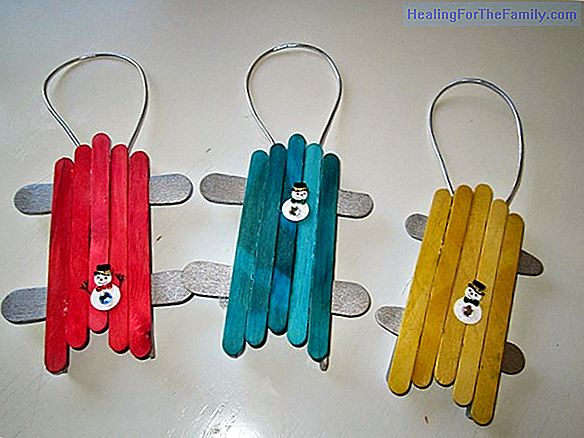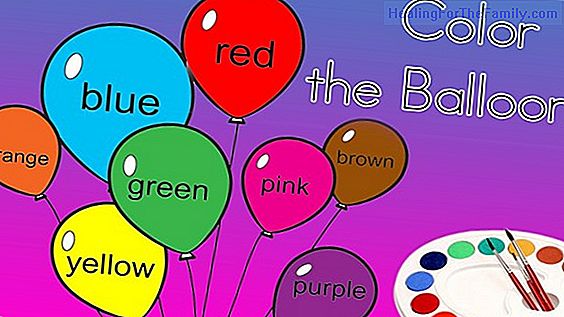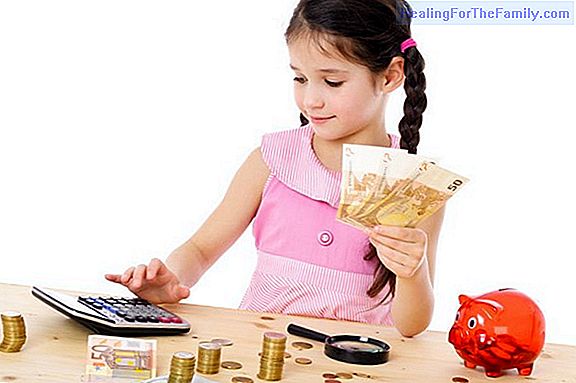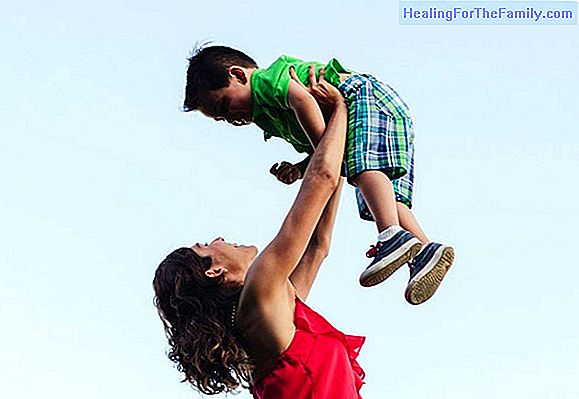Calm children who have explosions of bad temper
There are times when children who are usually calm and even labeled as charming and sensitive, but suddenly experience an explosion of anger in which the child does not come to his senses . It seems that he has been angry for nothing. They are quiet children who have explosions of bad temper. Like a
There are times when children who are usually calm and even labeled as charming and sensitive, but suddenly experience an explosion of anger in which the child does not come to his senses . It seems that he has been angry for nothing. They are quiet children who have explosions of bad temper.
Like adults, there are many situations in which children can become angry. Anger is a normal and acceptable emotion that occurs for a reason, which we must know and understand.
Why children can get angry
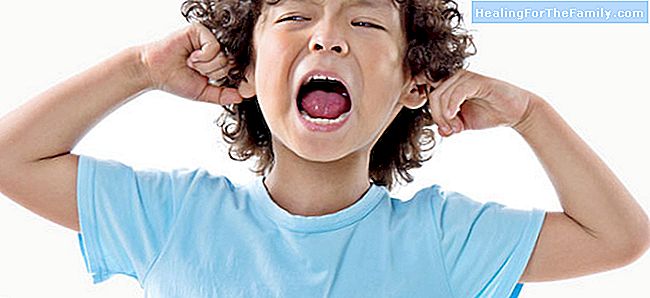
Children who get angry suddenly do so because there is something in that context that makes them feel ashamed, helpless or anxious. It can also happen that the child is simply tired.
Behind the behavior of quiet children who have explosions of bad temper there is always an emotion that they feel very strongly. Thus, the child may have an outburst of anger because at that moment he feels frustrated. This frustration can manifest in different ways depending on the evolutionary stage in which the children meet. In this way:
- In early childhood. They may have impulses of anger that make them respond in the form of blows, shoves, bites, screams, etc. It is the way in which young children can communicate their frustration and anxiety.
- From 3 to 7 years. Children learn to identify the basic emotions in themselves and in others. They will be able to use the word for it but it is common to resort to previous behaviors to communicate as: throwing toys, hitting or pushing.
- From 7 to 10. Children acquire more complex language skills that most easily handle. Children who still have difficulty speaking or managing their impulsiveness will continue to use behaviors such as shouting, using force or failing to meet standards. In addition, at this stage children go through their adolescence from early childhood where the child begins to seek to be more independent. In this search he overvalues his abilities and tries to do things above his maturational level, so it is very likely that there will be more moments of frustration.
- Adolescence. At this stage new types of stimuli appear that can provoke feelings of frustration such as the need for intimacy, independence in its entirety, more "demand" in social relationships. The way to express it in this time is refusing to verbalize what happens to him or with impulses of violence throwing objects, breaking things, etc. Even when the child has difficulty managing his impulses, he can vent his anger by attacking other people.
What to do with calm children who have explosions of bad temper
Each situation in which the child has to face feelings of frustration will be a learning opportunity in which parents can help a lot:
- The way parents respond The emotional situations through which the child passes significantly influences the children to learn to manage their own emotions in a meaningful way. For example, if the child feels that they understand him and that his parents go beyond his impulsive behavior by attending to the emotion that has caused his behavior, he will feel more capable of resolving the situation and calm down quickly. Est - Encourage the acquisition of effective skills as tools to manage anger such as empathy, take deep breaths before reacting aggressively, teach effective stress control habits such as exercising, listening to music, thinking about positive things and in general all kinds of activities that can keep them away from what might upset them.



